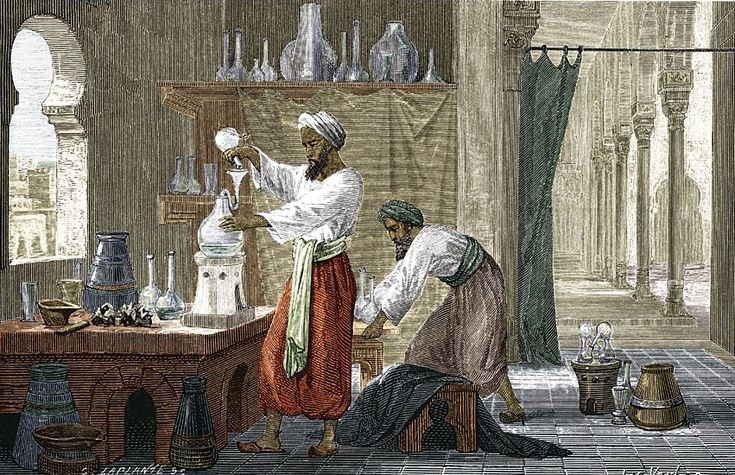
14-Jun-2025 , Updated on 6/15/2025 3:35:03 AM
Why Are Ancient Indian Sciences Still Not a Part of Our Mainstream Education?
Colonial Legacy Dominates Curriculum
This omission of ancient Indian sciences in standard education is the direct consequence of the policy of the colonial era. Characterized by the 1835 Minute of Macaulay, the 19 th century British education system was systematic in its devaluation and subjugation of local knowledge systems in the creation of Western intellectual hegemony. This institutional erasure stated that the recorded Indians progress was substituted by a Eurocentric curriculum. The lack of sufficient decolonization in the post-independence period has resulted in these colonial structures which are deeply embedded. Therefore, early Indian scientific books and practices have continued to be relegated in the syllabus depriving the students of the opportunity to know about the important heritage-based accomplishments. The long history of colonialism dynamically hinders their inclusion and preserves such an order of knowledge.
Textbook Exclusion Hinders Awareness
It is a major omission that the verified ancient Indian scientific discoveries - the geometry of the Sulba Sutras, the Ayurvedic theory and practice, the astronomical theories of Aryabhata and the advanced metallurgical processes - do not feature in popular textbooks. This omission directly hinders the knowledge of such underlying developments among the students. In the absence of formal curriculum integration learners are not informed of significant indigenous scientific accomplishments. As a result, an essential aspect of scientific legacy and the history of thought is in the shadows. It seems necessary to incorporate those proven contributions into school resources, to create proper historical continuity, and to promote full awareness of science. There is a need to rectify this in the existing curricula.
Validation Challenges Impede Integration
Incorporation of ancient Indian science within popular education is hard to validate. The ideas discussed need to be scientifically proven with the help of modern techniques. Replication of alleged findings as well as the testing of theoretical models pose major challenges. The discontinuity in the record of experimental verification, over the history of modern science, leaves gaps. Therefore, in the absence of strong and peer-reviewed empirical evidence that conform to the current scientific standards, a degree of skepticism remains in the academic circles. This lack of validation is one of the major obstacles to inclusion in formal science curricula on a broader basis. Integration demands scientifically proven evidence.
Modern Relevance Often Overlooked
The marginalization of ancient Indian sciences in mainstream education is mostly systemic. The curriculum designs of the colonial era had intentionally marginalized the local knowledge systems and adopted the western models of scientific enquiries as the only point of reference. The systemic disparity in the educational reform after independence did not incorporate these disciplines, and it demonstrated an enduring institutional prejudice. Moreover, a dismissive classification such as calling Ayurveda, metallurgy, and environmental sciences as only traditional or alternative ignores the empirical infrastructure and conceptual knowledge they exhibited and can demonstrate. This classification overlooks their intrinsic interest in current issues of sustainability, materials science and holistic health. Institutional legacy and bias in categorization play a direct role in ignoring their applicability in the modern context.
Institutional Resistance Slows Progress
The major obstacle in the path of introducing the ancient Indian sciences in mainstream education remains institutional resistance. The existing systems of education are also conservative in nature and favor the established western scientific paradigms. The bureaucratic lethargy of curriculum development agencies hinders transformation, and makes the introduction of topics that break conventional discourses to be tedious and time consuming. There remains a strong prejudice against the pedagogical value of ancient systems of knowledge such as Ayurveda or Vaisheshika physics which are frequently derided without a serious attempt to evaluate them against contemporary standards. The academic system often promotes structures that mirror racist tendencies that undervalue non-western systems of thought. This institutional inertia requires structural change in how evaluation is done, as well as a convincing show of relevance of these sciences.

Content Writer
Hi, I’m Meet Patel, a B.Com graduate and passionate content writer skilled in crafting engaging, impactful content for blogs, social media, and marketing.
Join Our Newsletter
Subscribe to our newsletter to receive emails about new views posts, releases and updates.
Copyright 2010 - 2026 MindStick Software Pvt. Ltd. All Rights Reserved Privacy Policy | Terms & Conditions | Cookie Policy